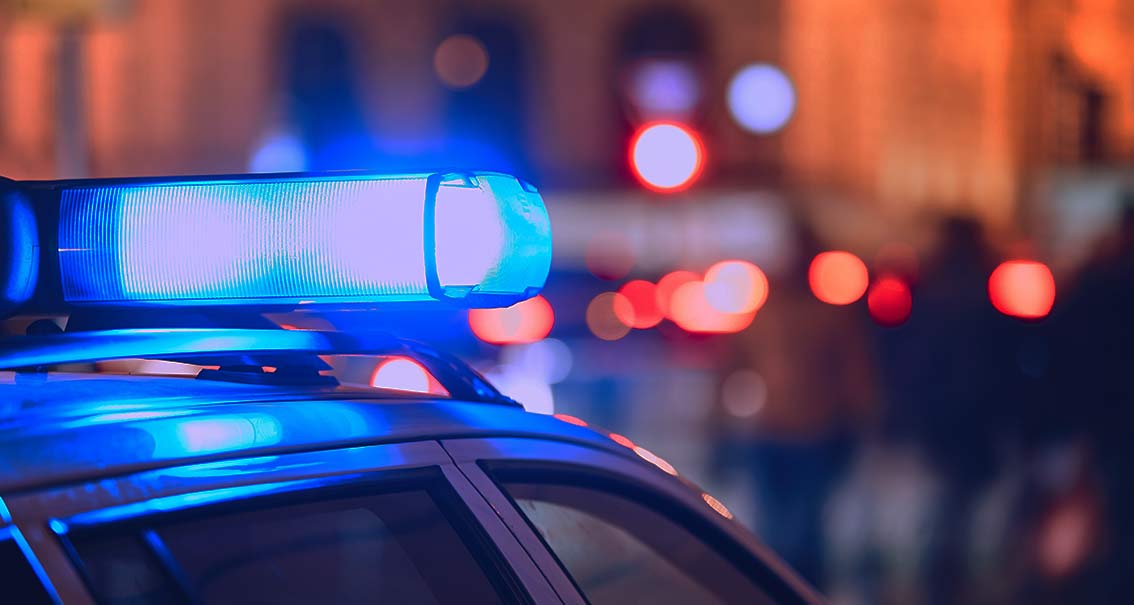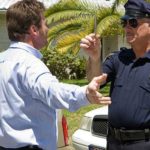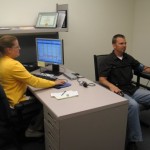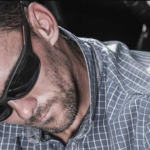If stopped by the police after consuming alcohol, you will likely ask yourself, “Should I voluntarily do field sobriety tests?”
Attorney Lance Dutton, Partner with Sterns-Montgomery & Proctor, a Criminal Defence Law Firm in Marietta, Georgia, wrote this guest blog.
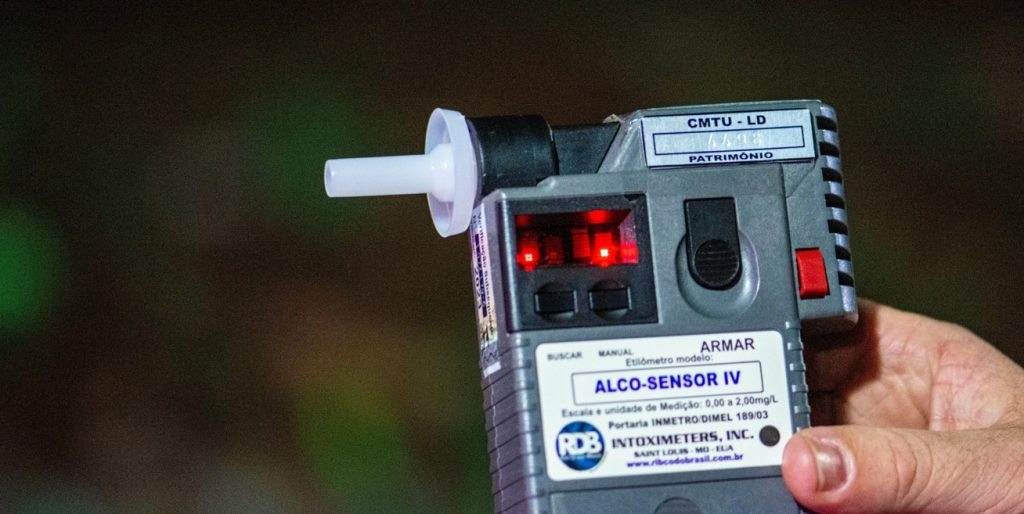
What happens when an officer suspects that you are driving under the influence?
If an officer suspects that you are under the influence, they will almost always ask you to step out of your vehicle to perform a field sobriety test. If you haven’t admitted to drinking and the officer only smells alcohol or sees that you have bloodshot eyes, his probable cause to arrest you at this point is extremely low. Field Sobriety Tests are designed to help provide any additional evidence or reasoning for an officer to ask you to perform a breath test. The National Highway Traffic Administration only recognizes three field sobriety tests as reliable and justifiable during the trial.
The Three Recognized Field Sobriety Tests:
- The walk and turn test – During this test, the officer finds a straight line and asks you to take ten steps, touching your heel to your toe on each step. The officer is looking to see if you sway, if you walk in a straight line, take the correct number of steps, and touch your heel to toe on all of your steps.
- The one-legged stand test – This is a balancing test in which you put one leg up just under a 45-degree angle. It usually lasts around 30 seconds. Again, the officer is looking to see if you sway, lose your balance, or have to drop your foot to hit the ground.
- The horizontal gaze nystagmus (HGN) test – Here, the officer is looking for nystagmus (pupil pulsing) when he has you follow an object (usually a pen/pencil) with your eyes from side to side.

Challenges of Field Sobriety Tests
A simple miscommunication could result in failing the test and being recorded as a sign of impairment. Examples of common misconceptions include when to start or how to perform the tests.
If you choose to perform the test requested by the officer but disagree with their assessment of the test, you could be fighting an uphill battle during a trial.
Every move you make will be scrutinized. The officer can presume that anything out of the ordinary resulted from your impairment. You can avoid misconceptions by respectfully declining to take the test.
Some officers will improvise and administer non-standardized tests, such as counting backward or reciting the alphabet. The National Highway Traffic and Safety Administration (NHTSA) has not approved non-standardized tests. Despite having minimal scientific reliability, some courts are inclined to allow these extra tests to be used as evidence and let a jury form their own opinions.
The good news is that field sobriety tests are not mandatory, and you have the right to refuse them.

Michigan DUI-Drunk Driving Defense Attorney
If you face DUI-Drunk Driving charges in Michigan, don’t trust your OWI case to an amateur or a general-practice lawyer – take advantage of our years of experience, trial work, and legal expertise with DUI laws. The Defense Team with LEWIS & DICKSTEIN, P.L.L.C. routinely achieves extraordinary results while defending clients charged with DUI, OWI, OWVI, and similar offenses. We have represented thousands of clients in alcohol and drug-related cases, and our attorneys have an unparalleled track record of success. We approach every case with the care and attention you expect and deserve.
Call us today at (248) 263-6800 for a free consultation or complete an online Request for Assistance Form. We will contact you promptly and find a way to help you.

